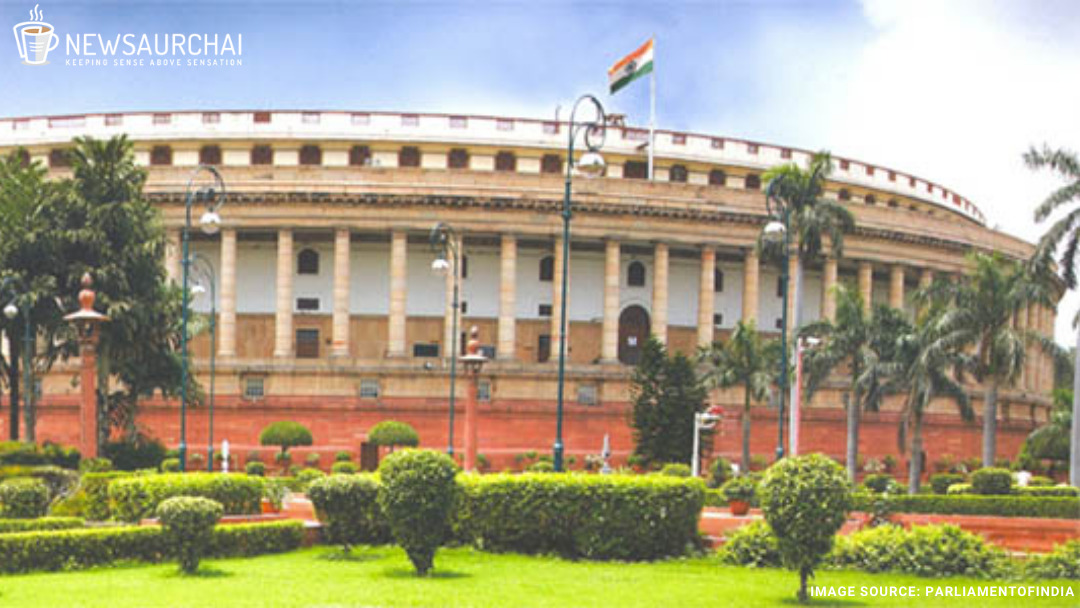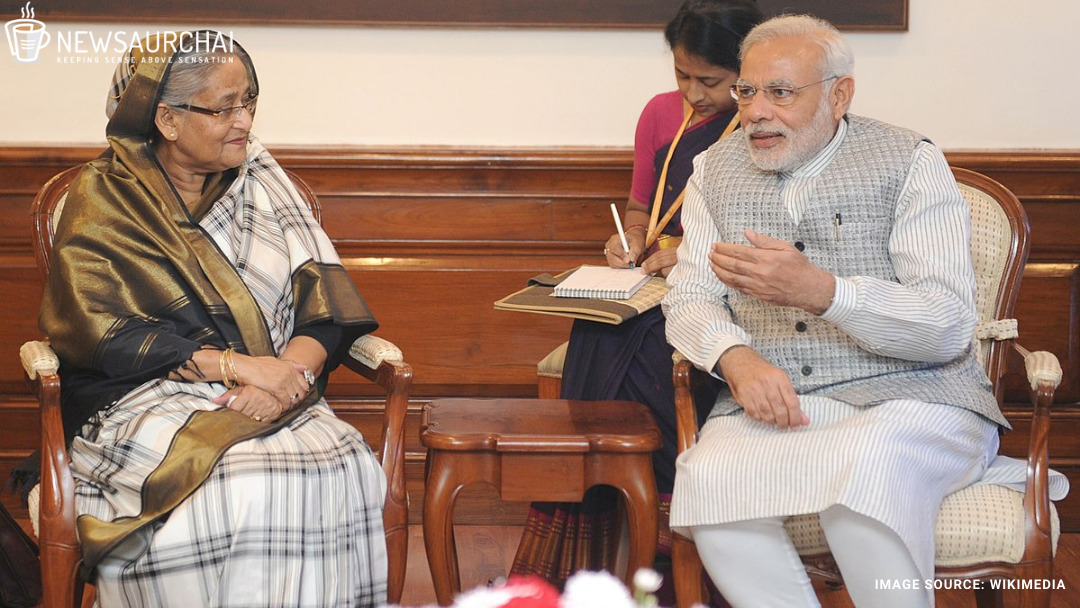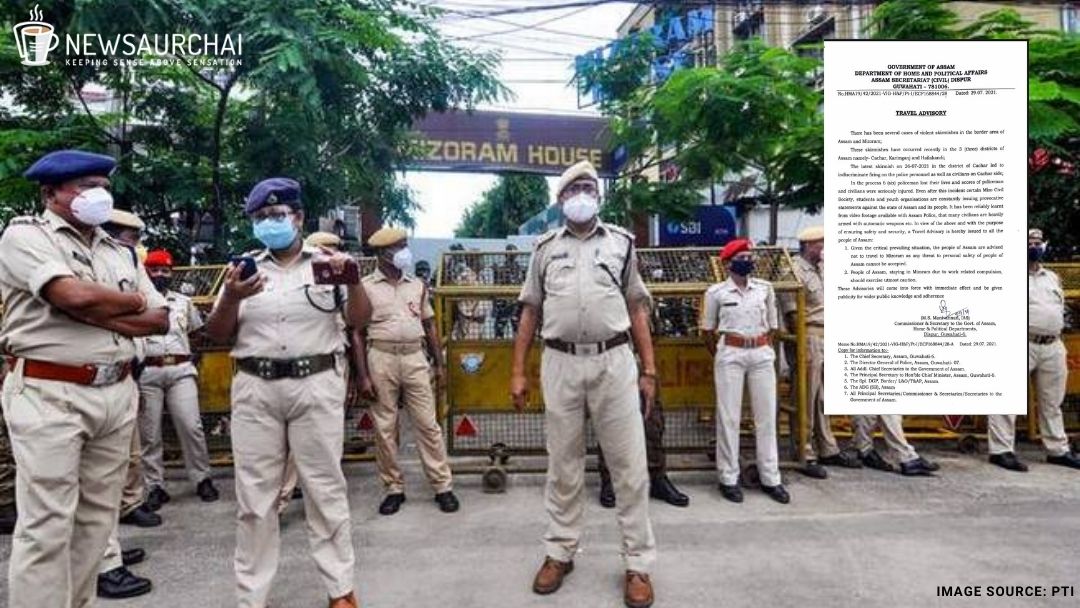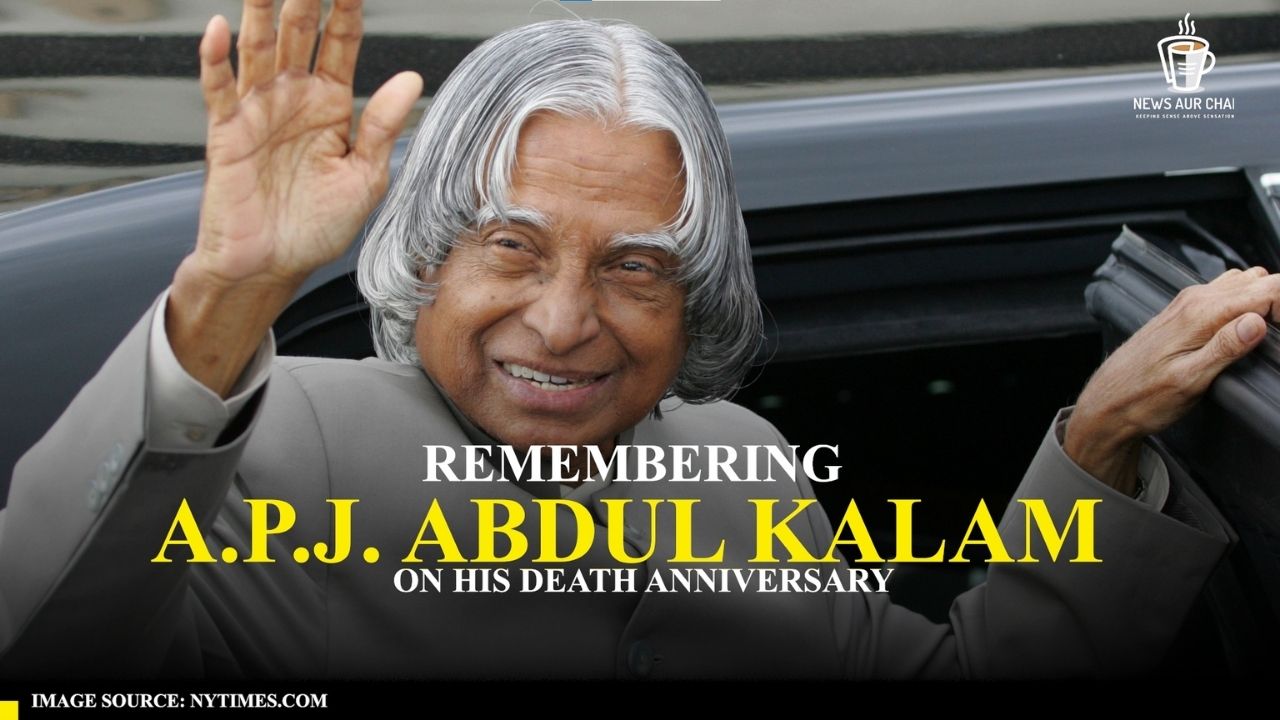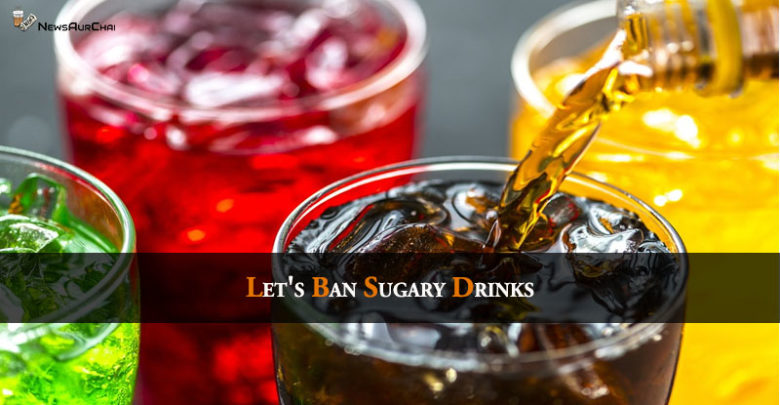
Singapore to become the first country to ban ads on sugary drinks. Wow, a thoughtful move to make the people of the country healthy. When people are not bothered about their health, someone should be there to make it correct.
So basically as per the report, soft drinks, juices, yoghurt drinks and instant coffee would all be affected by the new regulation. The best part about this is–such a decision was made after public consultation.
The ban, which will apply to “the least healthy” sugar-sweetened beverages, will include all media platforms such as print, broadcast and online.
Why is such a step necessary?
High consumption of sugary drinks is associated with obesity and higher risks of developing chronic illnesses like diabetes and heart diseases. As per the study conducted by WHO people who consume canned drinks regularly are more prone to develop Type 2 diabetes.
Furthermore, it is estimated that the worldwide prevalence of obesity has nearly tripled since 1975. As per the reports of the International Diabetes Federation, 13.7 per cent of adults have diabetes in Singapore, one of the highest rates among developed nations. The Singapore government have urged the SSB (sugar-sweetened beverages) manufactures to formulate their drinks in such a way that it contain less sugar.
Why should such a ban be introduced in India?
India is one of the six countries of the IDF SEA region. 425 million people have diabetes in the world and 82 million people in the SEA Region; by 2045, it is expected to rise to 151 million. There were over 72 lakh cases of diabetes in India in 2017.
Though the Government of India had launched the National Programme for Prevention and Control of Cancer, Diabetes, Cardiovascular Diseases, and Stroke (NPCDCS) in 2010, how far is this in progress?
If we go for the reports, it shows half of the country is still not covered in this project (2017). Moreover, the availability of staffs and essential drugs are inadequate in most of the areas. Thus the people have no other choice but depend on private hospitals and clinic. As we all know, private hospital treatments literally burn out a hole in our pocket.
So why not the government go for a media advertisement ban for such products?
Why ban on media platforms?
We get attracted and know about the products through these media networks. So a ban on advertisements of products in media will help in reducing consumption. Moreover, the government should urge these manufactures to either reduce the sugar content or go for a healthy alternative.
Comparatively, Indian consumption of soft drinks is less. However, according to a report by PepsiCo India’s bottling partner Varun Beverages Ltd (VBL) it is expected to grow. Indian’s inclination towards westernisation are making these drinks a part of our daily life. Furthermore, the scarcity of pure drinking water in urban area and increasing awareness among consumers about water-borne diseases play a crucial role in the hike in the demand for such products.
Since this industry is still in the growing phase, there is an ample possibility for the government to bring in strict rules and regulation. As the current NDA government is more concerned about the health of people, we can hope that the government would take the example of Singapore and consider on revamping the rules related to soft drink industry in our nation.


